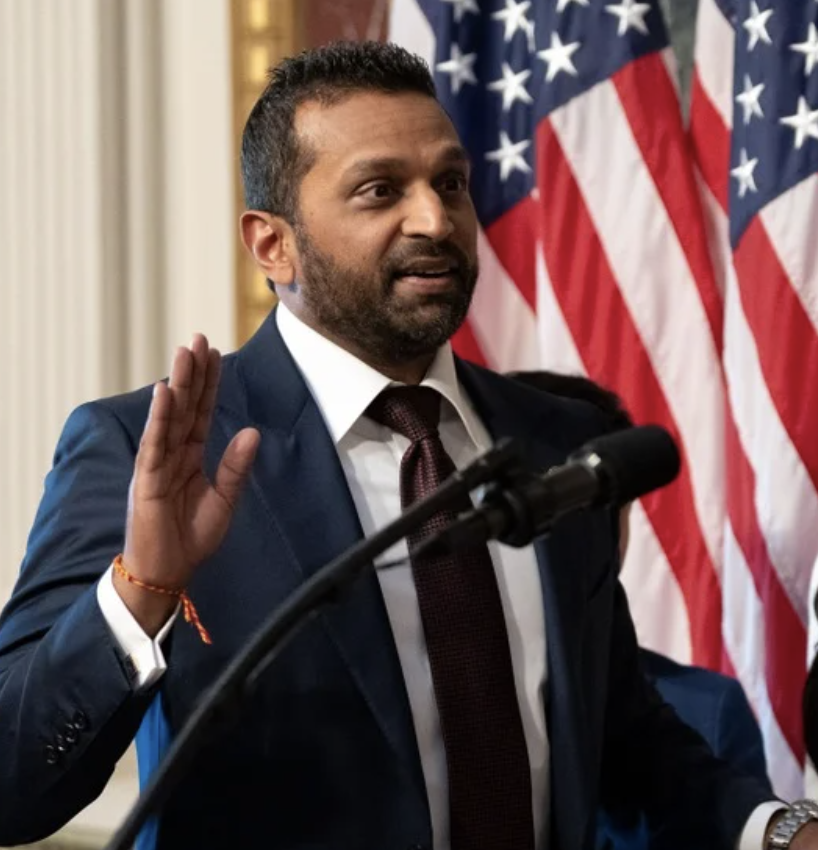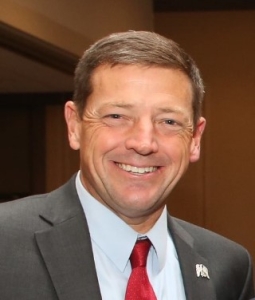By Greg Stejskal
A little over 20 years ago, I met with Michigan football coach Bo Schembechler to discuss a concern he had. I had come to know Bo through making presentations to the football team since 1982. Bo’s concern was the increasing use of steroids by football players.
He was not only concerned about college players, but also high school players he was seeing in Michigan’s summer instructional camp. When I met with Bo, Mike Gittleson, the Michigan strength coach, was also present. Bo knew the sale and possession of steroids had recently been made a felony under federal law. He wanted to know what was being done to enforce the law. I told him I didn’t know, but would find out.
What I found out was nothing was being done. I decided to propose a limited undercover (UC) operation. I pitched the proposal to the drug unit FBI HQ, who were less than enthusiastic.
Ultimately, I got approval from the fraud against the government unit. (I argued the steroid dealers were circumventing the FDA regulations as steroids were a prescription drug. My crim law prof would have been proud.)
All during the course of our UC case – code named Equine – there was reluctance to pursue our case. FBI administrators and prosecutors didn’t view steroids as being a serious problem, with the exception of Assistant U.S. Attorney Michael Leibson, who authorized the investigation. Mike understood the severity of the problem and supported the operation from the beginning to the end of the prosecution phase, more than five years. The case was originally planned to only be a local initiative.
But after starting slowly, it became an international case, resulting in over 70 convictions and the seizure of over 10 million dosage units of steroids. We worked extensively with the Royal Canadian Mounted Police (RCMP). Partially as a result of one of the cases in Canada, their Parliament changed the statutes governing steroids to include veterinary steroids.
One of the subjects we prosecuted was Curtis Wenzlaff, who was a supplier to several Major League Baseball players. The best venue to charge Wenzlaff would have been the Northern District of California, where he was residing. But that district’s U.S. Attorney’s Office refused to prosecute him in 1992, as they didn’t view steroid dealing as a serious offense.
(Later that same district would prosecute the BALCO case. Apparently their view of steroids changed.)
In 1994, after the UC portion of our case had concluded, I shared the information we had learned from Wenzlaff about MLB with the MLB’s director for security, Kevin Hallinan. Kevin indicated he had some knowledge of the steroid problem, but because the players could not be tested, he didn’t think there was much they could do about it. About five years later, I arranged to have Wenzlaff debriefed by MLB.
Among Wenzlaff’s customer’s were Jose Canseco and Mark McGwire when they were playing with the Oakland A’s. Wenzlaff not only provided them with steroids, he counseled them on which steroids to use and in what amount.
In 2005, McGwire refused to answer questions regarding steroid use in front of Congress. Last October, the St. Louis Cardinals organization announced it was hiring McGwire as the batting coach. Many people, including me, voiced concerns that hiring McGwire sent the wrong message regarding MLB and steroids.
Finally this week, McGwire admitted extensive and long-term use of steroids (and human growth hormone), including during the period when he broke Roger Maris‘ single season record for home runs.
All of us who were involved in Equine take pride in what we accomplished. We overcame many obstacles to develop an unprecedented UC operation that is is still the most successful case of its kind.
I often wonder how things would have been different had MLB acted on our warning. (In 2005, MLB even denied we warned them, and they have never unequivocally admitted that we did warn them.)
I like to think we pioneered the way for BALCO and other steroid cases. I also believe that people like Bo Schembechler and his strength coach, Mike Gittleson – who stood up to condemn steroids long before many people believed it was a problem – should be recognized.





One thought on “FBI Probe into Illegal Steroids Broke New Ground”